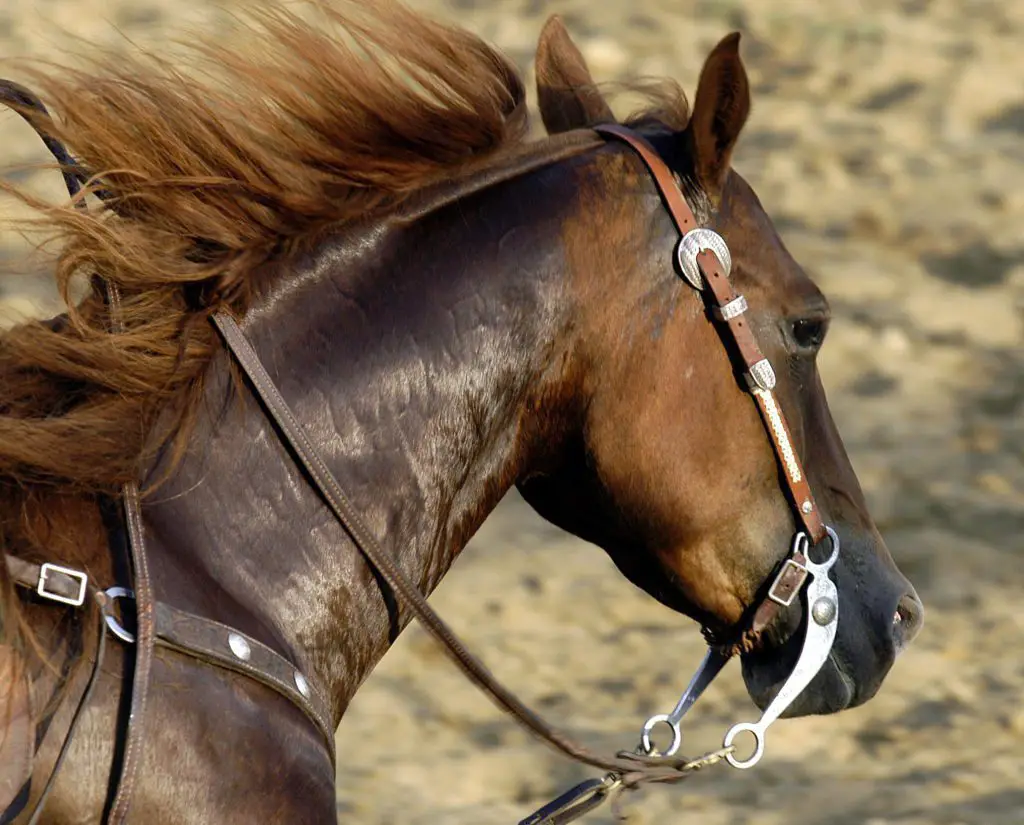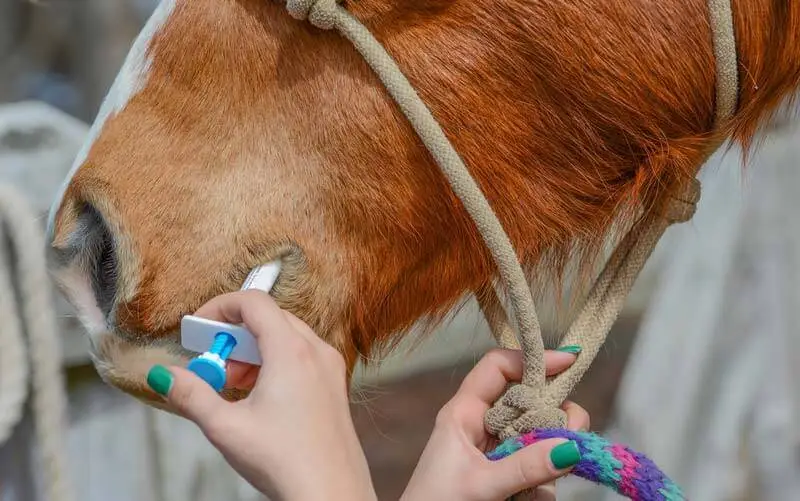What Type of Salt is Safe for Horses?

While there are a number of supplements available containing sodium and chloride, common table salt can be used to meet your horse’s daily requirement. However, for those horses in regular training or competition, additional electrolytes should also be considered.
In this article, we explain how salt and electrolytes restore mineral balance.
To understand the importance of sodium and chloride, which are found in common table salt, we need to take a closer look at your horse’s cells.
Outside the cell, within the extracellular fluid, you’ll find sodium and chloride. Inside the cell, you’ll find potassium. Sodium and potassium are both positively charged ions and when in balance, maintain an internal electronic charge of negative.
Together, balanced concentrations of sodium and potassium support normal neuromuscular and musculoskeletal function. Health and performance difficulties arise when sodium becomes deficient and, as a result, the body expels potassium in its place.
Salt
A 500kg horse requires 10 grams of sodium and 40 grams of chloride per day. However, when other factors are also taken into consideration, such as diet, workload and time of year, your horse’s daily requirement for salt can increase immensely.
Sodium and chloride are lost via sweat and urine. An insufficient diet, combined with a heavy workload during Summer, can rapidly deplete sodium and chloride levels. Likewise, in transit, horses may perspire and urinate, in turn, losing valuable sodium and chloride.
If not replaced, sodium and chloride deficiency may lead to a number of problems, including:
- Dehydration
- Heat stress
- Electrolyte imbalances
- Impaction Colic
- Incoordination
- Unsteady gait
- Difficulty chewing
- Muscle weakness
- Weight loss
- Decreased milk production
To meet your horse’s daily requirement for salt, common table salt can easily be added to their daily feeds. Containing approximately 39% sodium and 61% chloride, 30 grams of common table salt will provide a 500kg horse with 11.7 grams of daily sodium.
Electrolytes
However, while the addition of salt to your horse’s feed will be adequate in maintaining sodium and chloride levels, common table salt is insufficient in replenishing sweat losses.
Amongst the electrolytes present in horse sweat, sodium, chloride and potassium are often lost at the highest quantities. Following any activity that resulted in heavy sweating, an electrolyte replacer should be given at the recommended dose to replace lost electrolytes.



